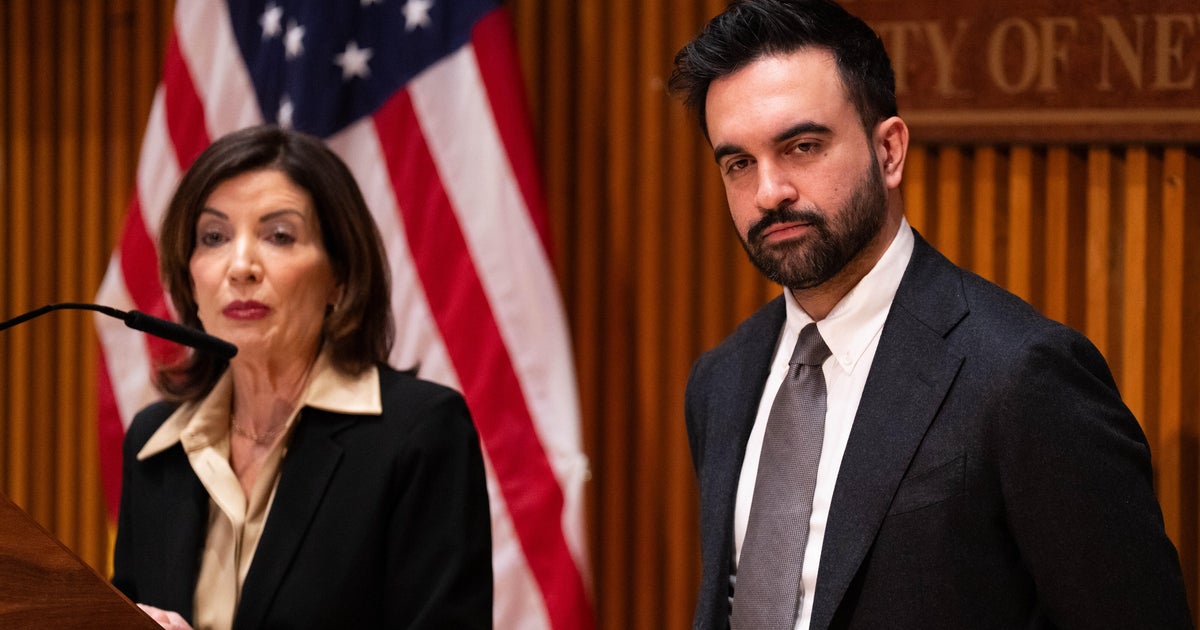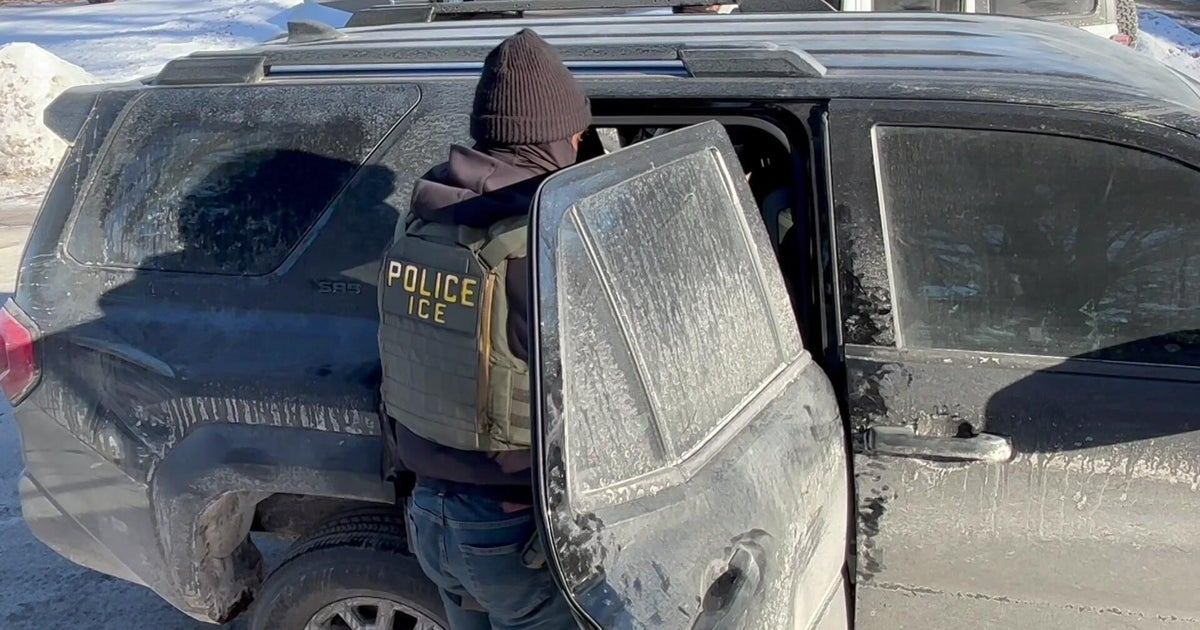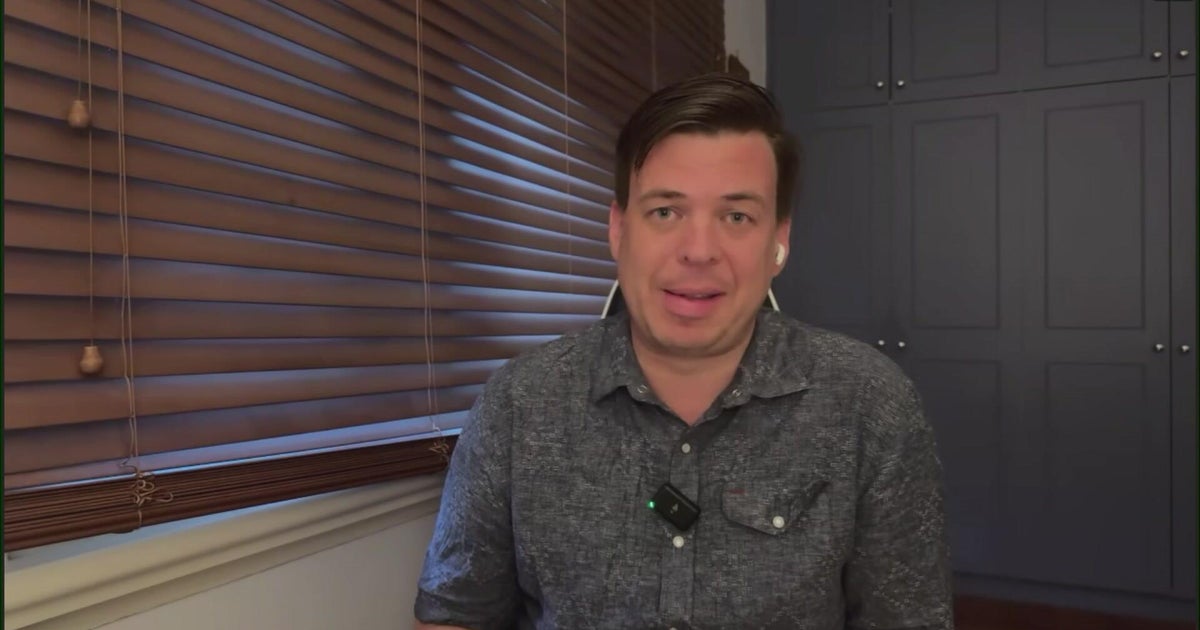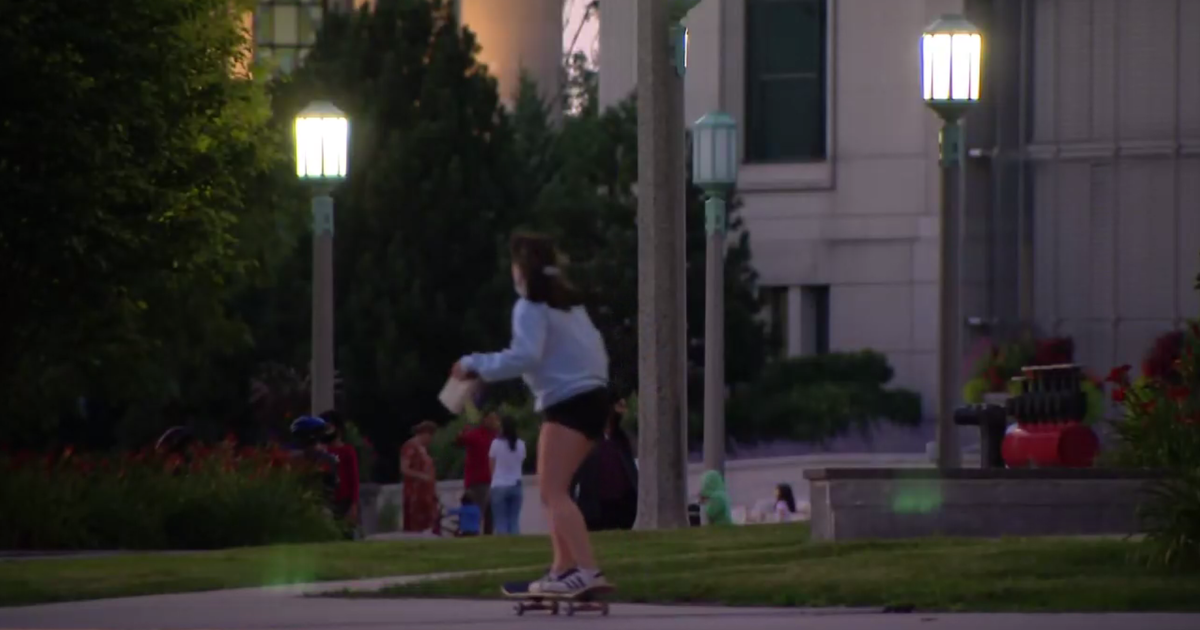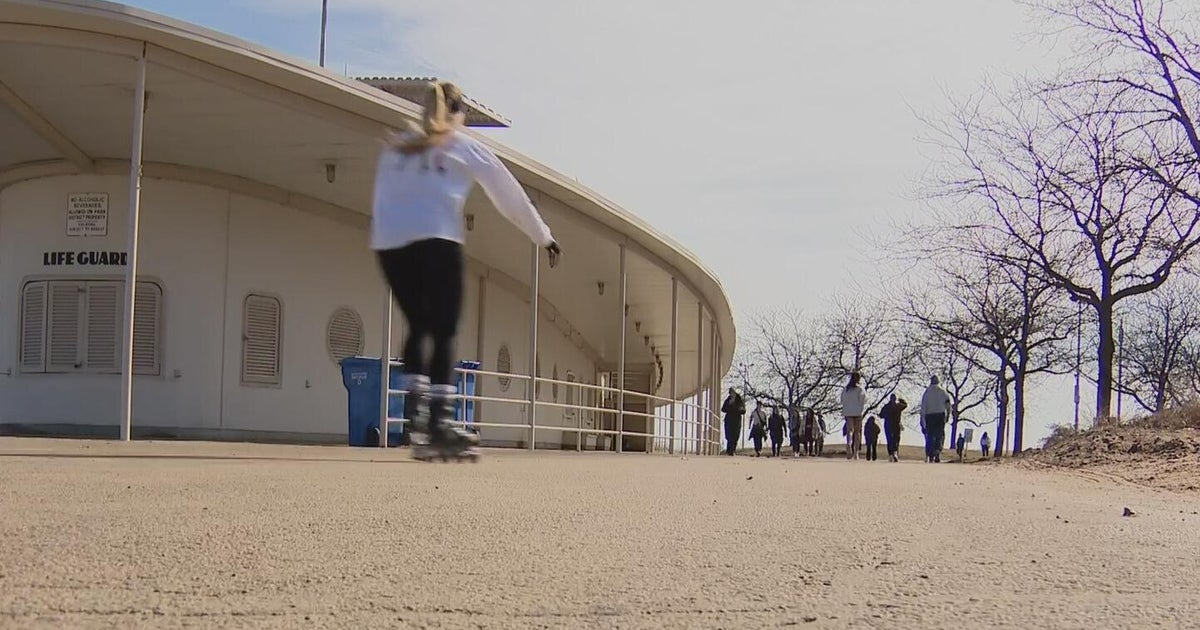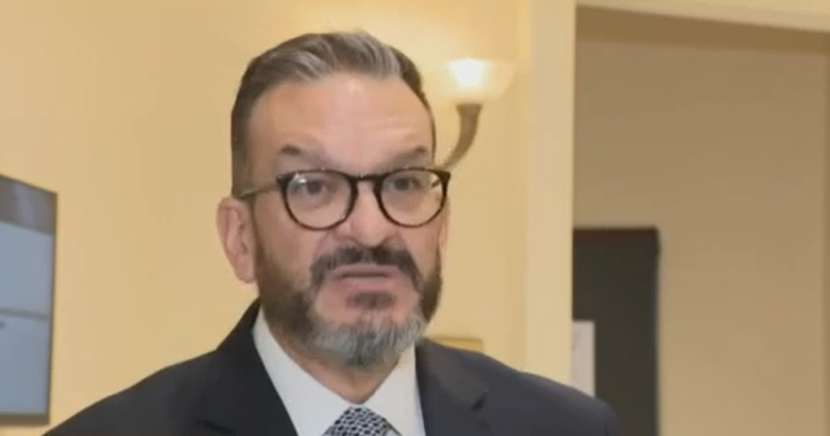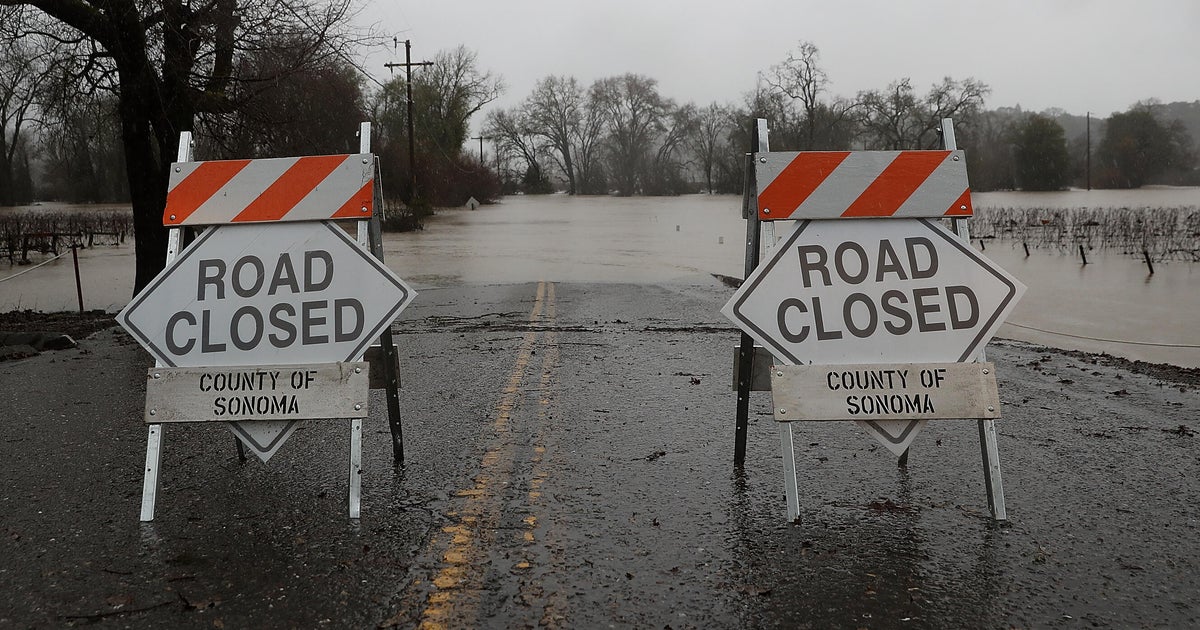Minnesota Expects Record $7.7 Billion Budget Surplus
MINNEAPOLIS (WCCO) -- Minnesota is projected to have a $7.7 billion budget surplus at the end of this two-year state budget, experts announced Tuesday -- a record-setting influx of funding that's already sparking debates about how and where to spend it.
Officials at the Minnesota Office of Management and budget said growth in income, consumer spending, and corporate profits drove "extraordinary" revenues last fiscal year that now leave the state on solid economic ground even as the pandemic continues to harm public health.
The estimate far exceeded expectations and outpaced February's forecast, which saw a dramatic swing from deficit to surplus.
"COVID-19 is still here and still dangerous," said Management and Budget Commissioner Jim Schowalter. "However, our economy is learning how to adapt. The $7.7 billion bottom line in today's forecast is out of the ordinary even in these extraordinary times."
Federal COVID stimulus to households and businesses underpin the improved economic outlook, said state economist Laura Kalambokidis, who noted some limitations of the prediction: The forecast assumes that supply chain woes are resolved and inflation decreases by the end of next year, which is still unknown.
Also, the Omicron variant's entry at this stage of pandemic also creates uncertainty.
But she said the shift in surplus predictions is a similar story in other states, which benefited from a surge in federal relief.
"That is something consistent to what we're seeing in other states," she said.
The surplus estimate excludes an additional $1.1 billion in federal money from the American Rescue Plan that lawmakers will need to allocate by next June.
Elected Officials, Stakeholders Rush To Make Their Pitch For Spending
Shortly after the forecast announcement Tuesday, DFL Gov. Tim Walz, lawmakers and stakeholder groups from schools to state employees began jockeying for their interests in how to spend extra dollars to the state's bottom line, a debate that will take center stage at the State Capitol when lawmakers return Jan. 31.
"We have a remarkable opportunity to expand economic opportunity for all Minnesotans," Walz said.
He and Democrats, who touted the forecast as evidence of the state's sound budgeting practices, suggested paid medical and family leave, and cutting the cost of child care. Walz also mentioned climate change and gun violence in his list of priorities.
It's a different tone for Republicans in divided government who condemned Democrats' policies for high energy costs and record inflation. GOP lawmakers want to cut taxes, earmark funds to invest in law enforcement recruitment and cover the outstanding unemployment debt to the federal government
to spare businesses a tax hike.
"We are collecting more money than we need to operate state government from Minnesotans," said House Minority Leader Kurt Daudt, R-Crown. "There is no other answer than to give some of that back."
The Minnesota Association of Professional Employees said its members want the state to expand direct care services and fully fund state veterans homes, while Education Minnesota asked state lawmakers to make larger investments in schools facing staffing shortages. Cities in greater Minnesota would like to see a larger share in state aid to alleviate pressure on local budgets.
Each of these petitions represents just a fraction of the interests in who gets what of any extra funding, and lawmakers will have to weigh competing requests -- all while navigating challenges of a divided government -- when deciding how to spend.
Sen. Julie Rosen, the chair of the finance committee, recalled comments from legislative colleagues that it is more difficult to make decisions when there is a surplus as opposed to a deficit.
"That's absolutely the truth," she said.
